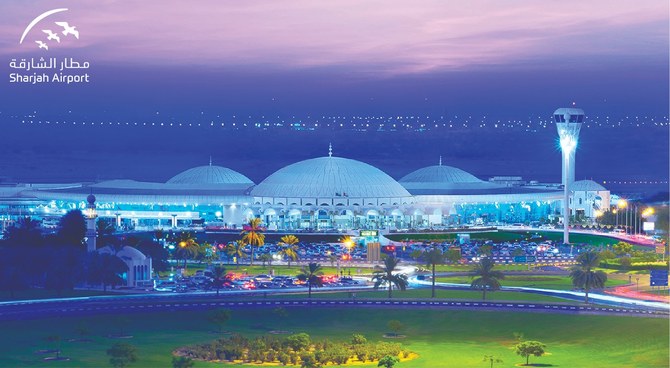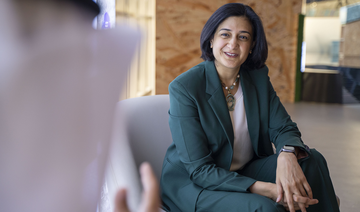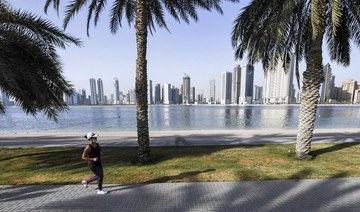RIYADH: The UAE’s gross domestic product is set to expand by 4 percent this year, driven by robust domestic activities and relatively high oil prices, an International Monetary Fund has forecast.
In its latest Article IV end of mission statement, the IMF noted that the Emirates is experiencing strong growth in domestic sectors, including tourism, construction, and financial services.
The report further noted that UAE’s oil GDP will also expand this year if the Organization of the Petroleum Exporting Countries and its allies, collectively known as OPEC+, decide to ease the previously proposed output cuts.
“Economic growth in the UAE is broad-based, led by robust activity in the tourism, construction, manufacturing, and financial services sectors. Foreign demand for real estate, increased bilateral and multilateral ties, and the UAE’s safe haven status continue to drive rapid growth in housing prices and an increase in rents while adding to ample domestic liquidity,” said the IMF in the statement.
In its previous projection in April, the organization predicted that the UAE’s economy would grow by 3.5 percent in 2024.
The UN financial agency added that the impact of geopolitical tensions in the Emirates so far is still minimal, and the country’s response to the recent flooding was rapid and effective.
IMF further pointed out that the inflation rate in the UAE is expected to be contained at 2 percent in 2024.
According to the study, the UAE’s fiscal and external surpluses are expected to remain high this year due to relatively surging oil prices.
“The general government surplus is projected to be around 5 percent of GDP in 2024 and public debt is on track to decline further toward 30 percent of GDP, benefitting from active debt management strategies,” said IMF.
It added: “Capital spending is expected to meet ongoing infrastructure needs, and the introduction of the corporate income tax will support non-hydrocarbon revenue with its full implementation in the coming years. The current account surplus is projected at around 9 percent of GDP in 2024.”
The international financial institution also noted that accelerated public and private investment and structural reforms in areas like renewable energy and technology could further accelerate economic growth in the Emirates.
However, the IMF noted that the UAE’s economic outlook is subject to uncertainty and external risks, including those related to geopolitical tensions, global growth, and commodity price volatility.
The study highlighted that banks in the Emirates have considerable capital and liquidity buffers, while credit growth is resilient despite higher domestic interest rates.
“The efforts to digitalize the financial system and payment landscape are welcome and should continue to follow a risk-conscious approach. Initiatives to develop and regulate the virtual asset industry should be informed by a careful assessment of macroeconomic and financial stability risks,” said the IMF.
The report concluded by saying that gradual fiscal consolidation and further structural reforms will ensure the UAE’s economic prudence and medium-term sustainability.






















